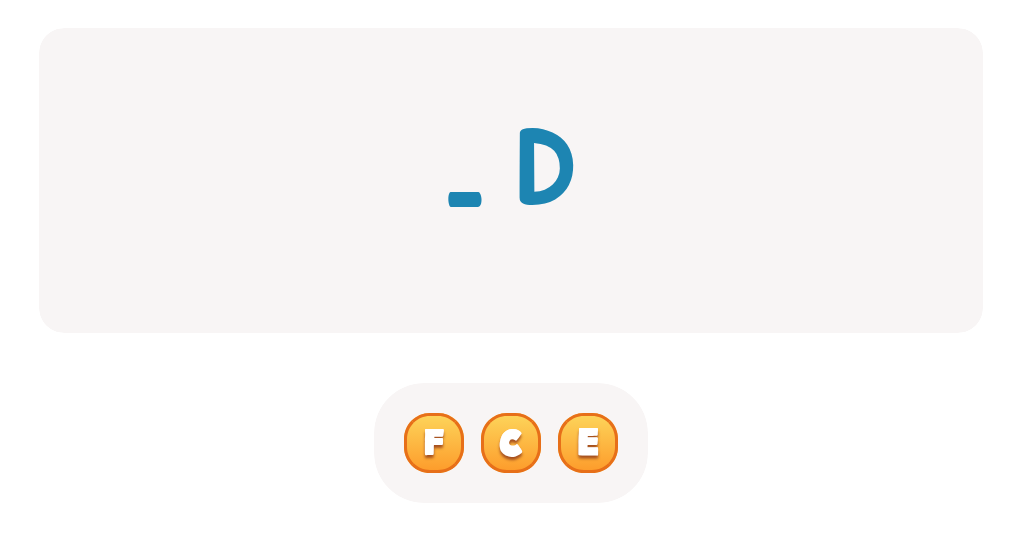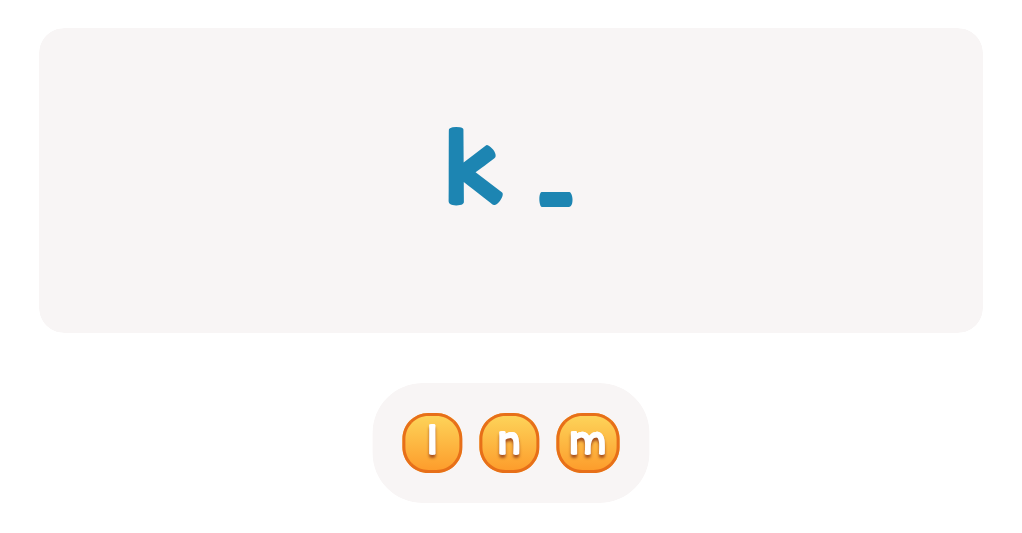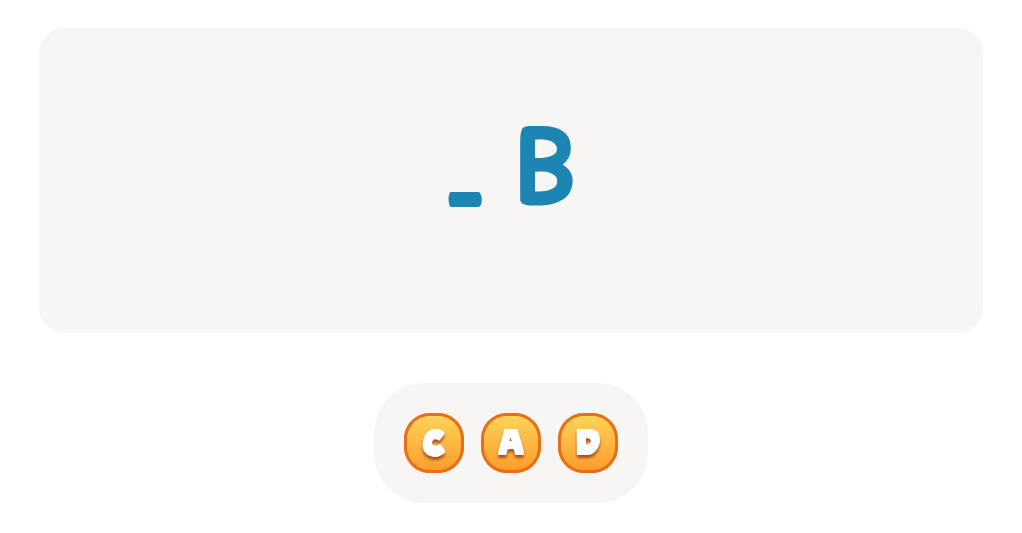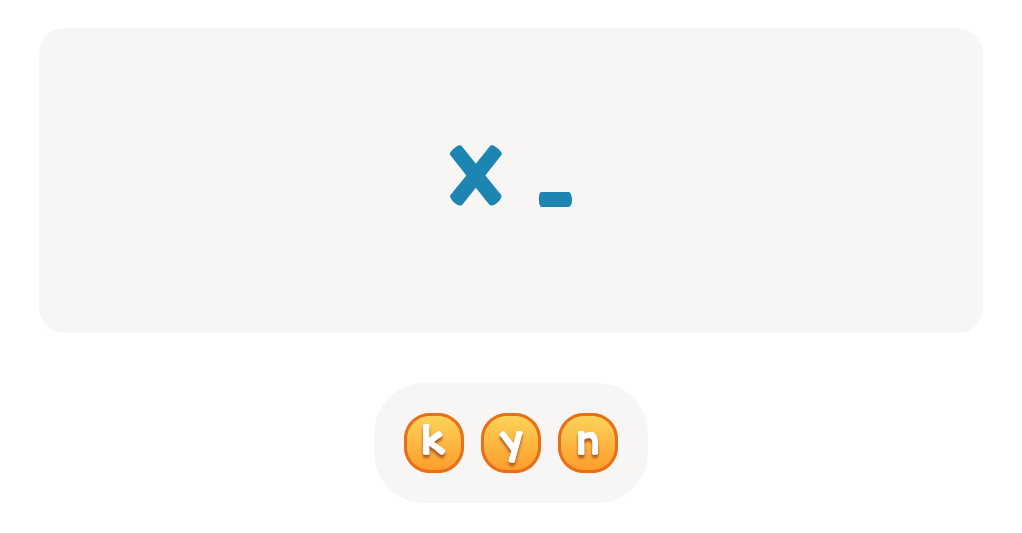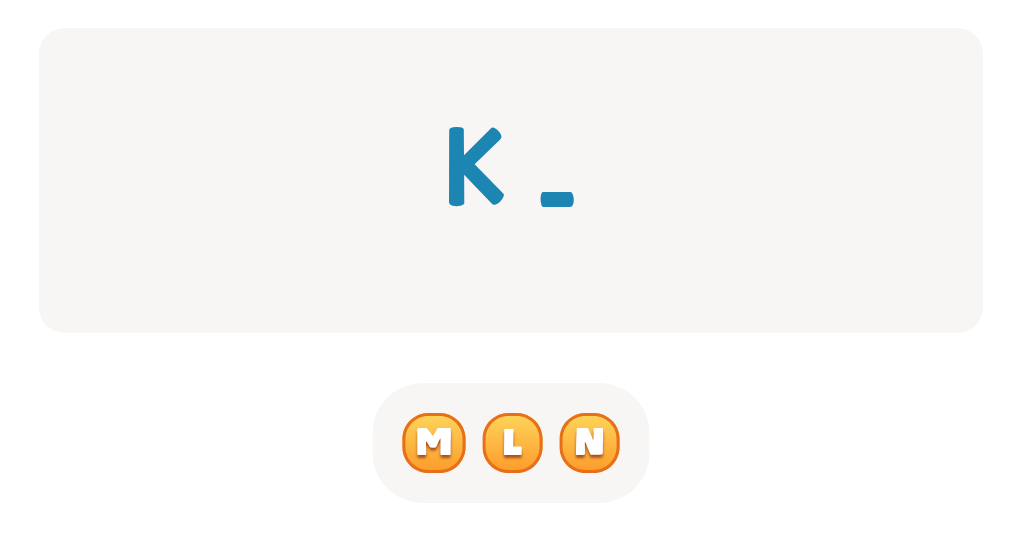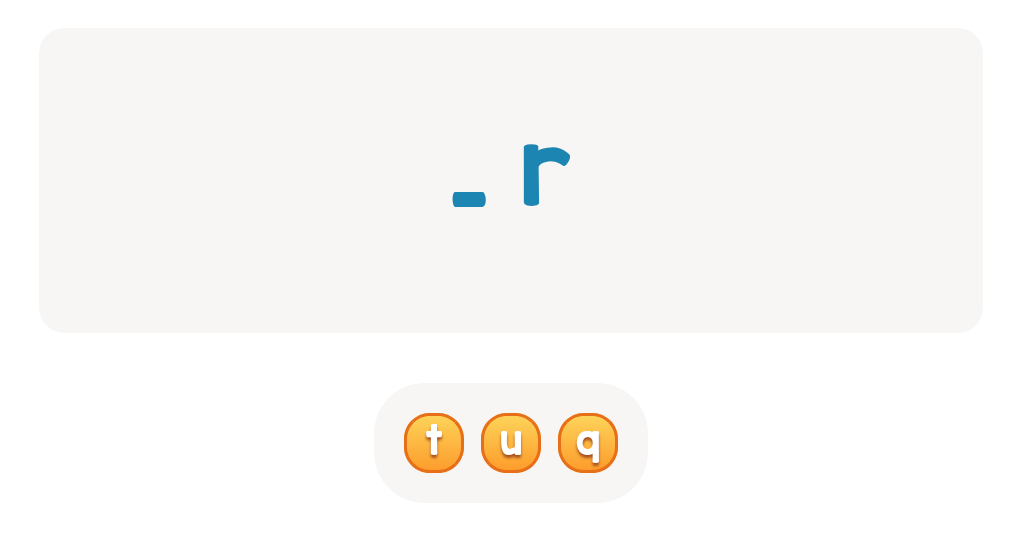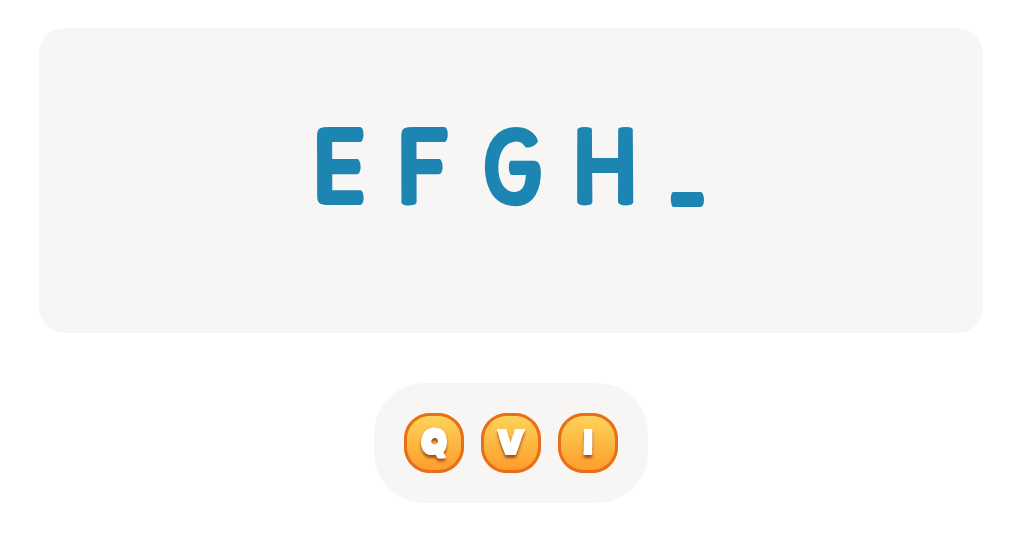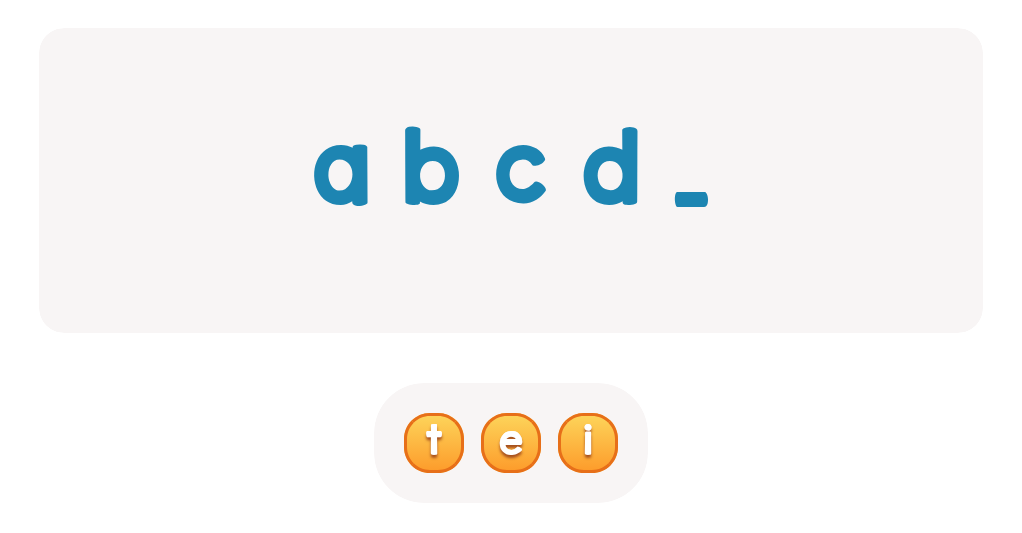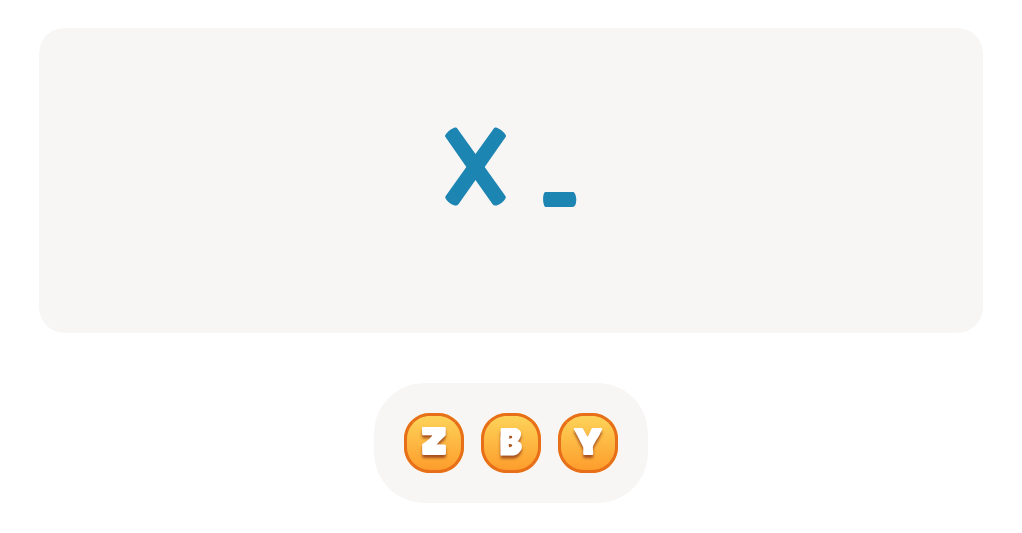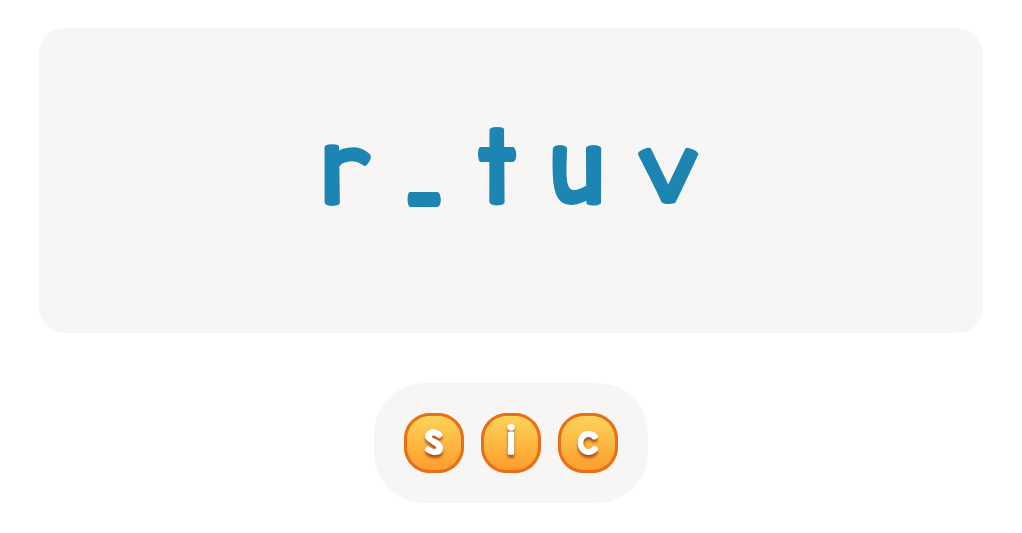Problem-Solving Skills Normal Upper & Lowercase Letters Worksheets for Ages 5-7
3 filtered results
-
From - To
Enhance your child's problem-solving skills with our engaging Upper and Lowercase Letters Worksheets designed for ages 5-7. These activity sheets combine learning the alphabet with critical thinking exercises, promoting cognitive development in a fun and interactive way. Each worksheet presents enticing challenges that encourage young learners to identify, sort, and match uppercase and lowercase letters, fostering essential language skills. Perfect for classroom settings or at-home practice, our resources support early literacy while encouraging creativity and analytical reasoning. Help your child build a strong foundation in problem-solving with these thoughtfully crafted worksheets that make learning enjoyable!
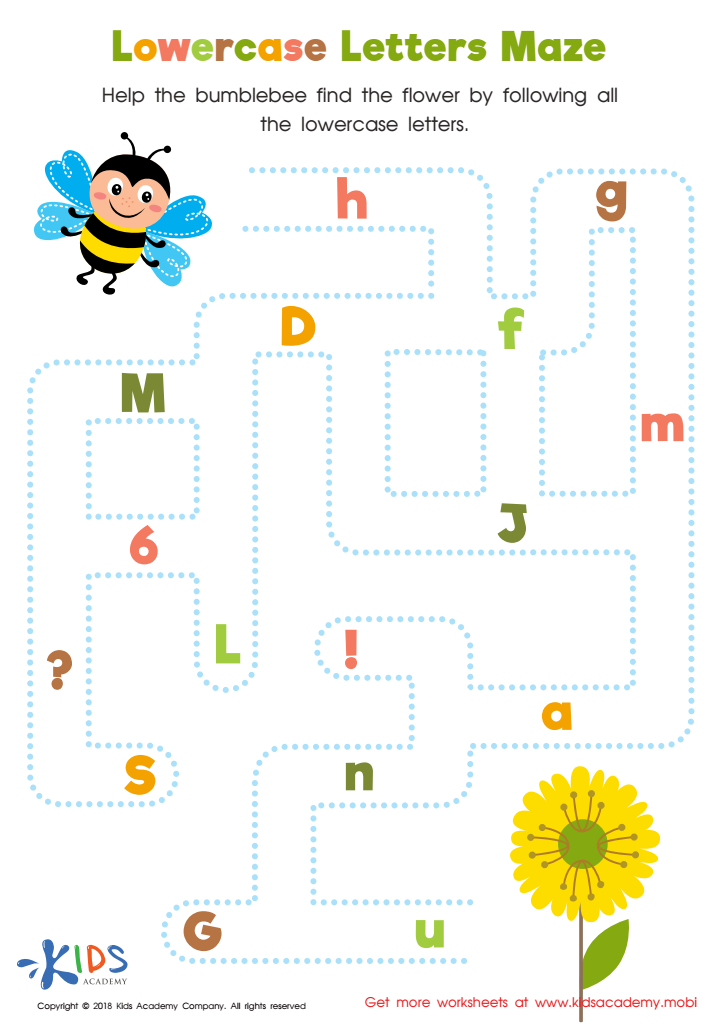

Lowercase Letters Maze Worksheet
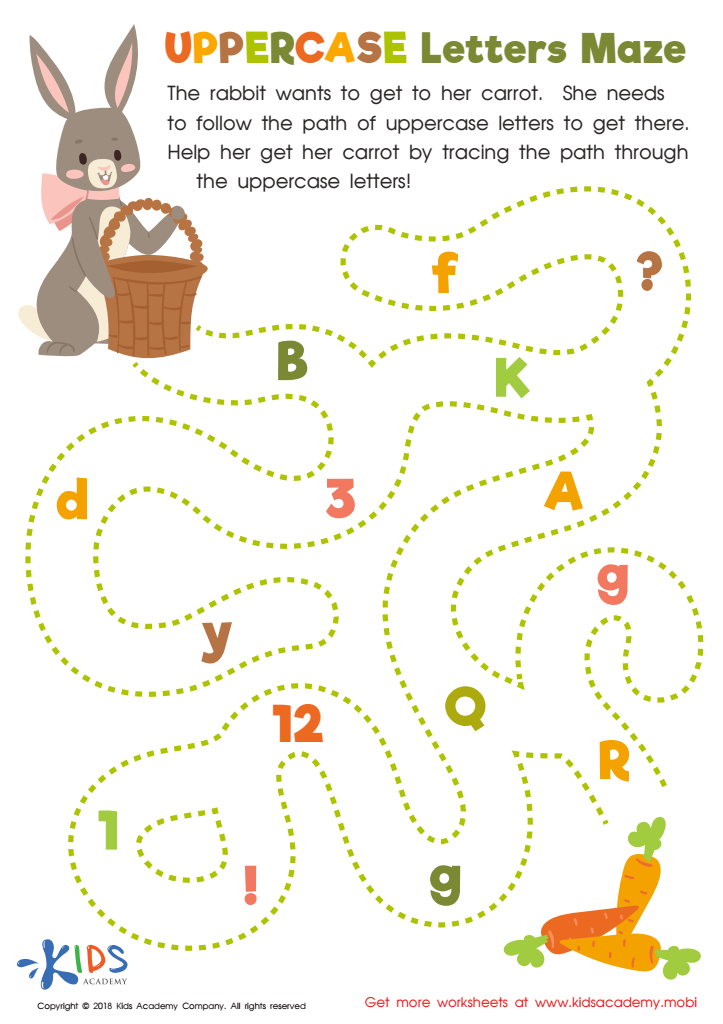

Uppercase Letters Maze Worksheet
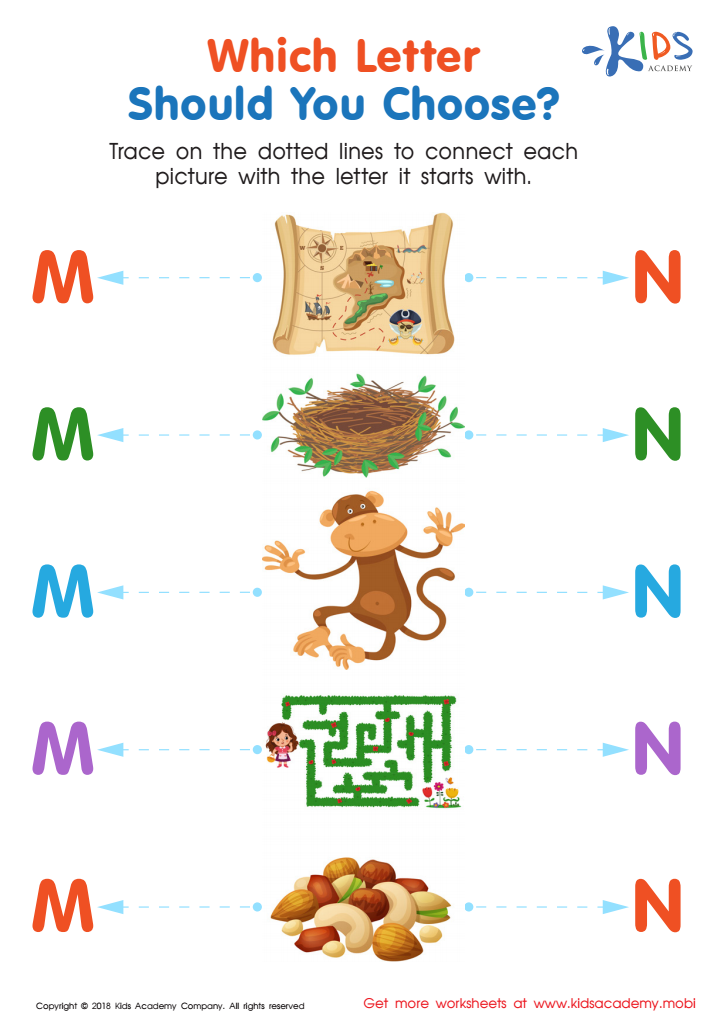

Which Letter Should you Choose? Worksheet
Problem-solving skills are essential for children aged 5-7 as they form the foundation for critical thinking and everyday decision-making. During this crucial developmental stage, kids actively engage in learning to navigate challenges, whether they are simple puzzles, social conflicts, or basic math problems. Parents and teachers should prioritize these skills because they contribute significantly to a child's cognitive growth and confidence.
When children learn to approach problems systematically, they develop perseverance and resilience. These skills empower them to tackle more complex issues in the future, fostering independence and emotional intelligence. Problem-solving activities also enhance creativity, as kids explore various approaches and solutions.
Incorporating problem-solving into playful learning can make lessons engaging and effective. Activities like building with blocks, participating in group projects, or solving simple riddles not only aid in academic skills but also promote cooperation, communication, and teamwork.
Moreover, parents and teachers should model problem-solving behaviors, demonstrating how to think through challenges and learn from mistakes. By fostering these skills early on, we help children build a strong base that will serve them throughout their lives, making it a priority for educators and caregivers alike.

 Assign to My Students
Assign to My Students
